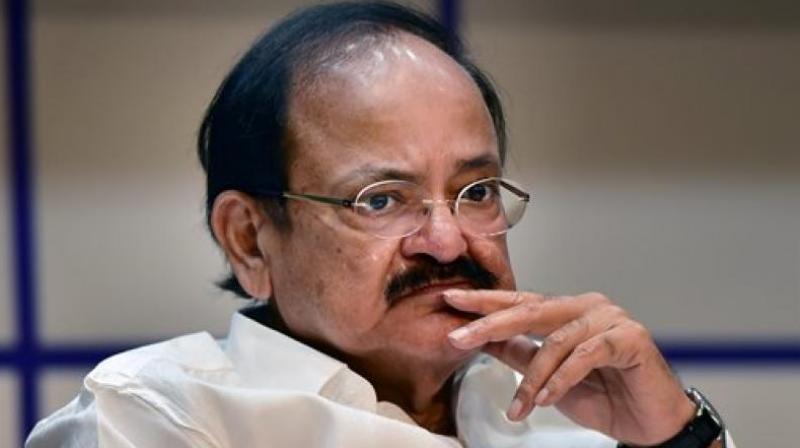PM & Singh-Pak: Row over, bad taste lingers

For the sake of smoothness of public life and the regular functioning of Parliament, it was good that the government came down from its high horse on Wednesday. This ended the impasse caused by the Congress’ demand for an apology from Prime Minister Narendra Modi over the latter’s wholly unbecoming remarks practically calling his predecessor Manmohan Singh and former vice-president Hamid Ansari traitors in the course of the recent Gujarat election campaign.
In the Rajya Sabha, Leader of the House and finance minister Arun Jaitley said in a statement: “The PM in his speeches did not question, nor meant to question, the commitment to this nation of either former PM Manmohan Singh or former vice-president Hamid Ansari. Any such perception is erroneous. We hold these leaders in high esteem, as well as their commitment to India.”
The Congress leader in the House, Ghulam Nabi Azad, thanked the government for the clarification and said that his party dissociated itself “with any comments made by any member during elections that may have hurt the PM’s dignity”. These proceedings, needless to say, were strictly for the record, and in the spirit of balance. In the case of the objectionable remark of senior Congress figure Mani Shankar Aiyar calling Mr Modi “neech” (low grade), to which Mr Azad appeared to allude, the Congress Party had already suspended him.
As for Mr Modi’s election speech in which he gave a traitorous colour to a dinner meeting with Pakistani dignitaries attended by Dr Singh and Mr Ansari at the residence of Mr Aiyar, it was more than evident that the government had no intention to prosecute these prominent personalities as it simply had no evidence to back up the implication of Mr Modi’s observation that the Congress was seeking to collude with Pakistan to interfere in the Gujarat election. What may have also weighed with the government was the fact of the dinner in honour of former Pakistan foreign minister Khurshid Mahmud Kasuri being attended by a former chief of the Indian Army, who has nothing to do with the Congress Party.
No matter how gross the nature of the politics that Mr Modi had sought to employ against his adversaries in the Gujarat election, public opinion is unlikely to accept that a former head of the Army could be collaborating with Pakistan. To begin with, the government’s stance was intransigent. Vice-President and Rajya Sabha chairman M. Venkaiah Naidu had initially taken the stand that the PM’s objectionable remarks could not be discussed in Parliament as they were made outside the House. Evidently, the government thought the better of sticking to this line. While the issue has been papered over, the political stain of a PM portraying his predecessor in traitorous light is unlikely to fade anytime soon.

